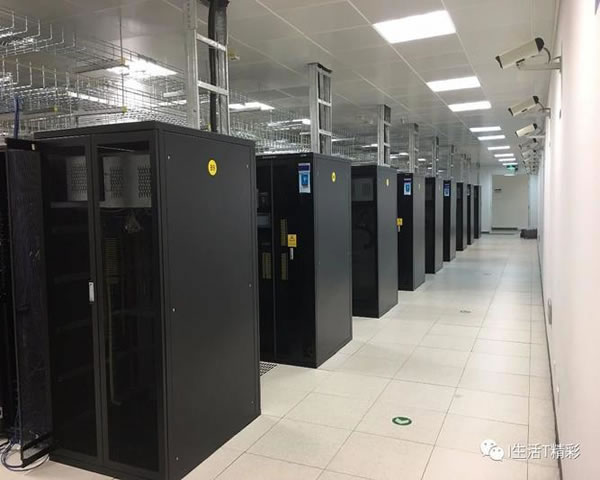in a modern internet environment, vps (virtual private server) has become the preferred solution for many businesses and individual users. especially in vietnam, renting a vps can provide good network connectivity and stability. however, pure server rental is not enough to guarantee optimal performance. this article will explore in detail how to optimize server performance after renting a vietnam vps to ensure your website or application runs efficiently.
the first step in optimizing server performance is to choose the right operating system. different operating systems have differences in resource management and performance tuning. for most users, linux systems (such as ubuntu, centos) are popular for their lightweight and efficient resource utilization. in addition, the linux community provides rich documentation and support, making it easier for users to perform performance tuning.

after renting a vietnam vps, it is crucial to properly configure server resources. ensure that cpu, memory and storage space are allocated according to actual needs. too much or too little resources can affect server performance. you can use monitoring tools (such as htop, top) to view server resource usage in real time and adjust as needed to ensure that the server is always in the best condition.
network settings directly affect the server's response speed and stability. first, make sure your vps is using high-quality network connections to avoid latency caused by insufficient bandwidth. in addition, network performance can be optimized by adjusting the tcp/ip protocol stack parameters, such as increasing the tcp window size and enabling tcp fast opening. these settings can significantly improve data transmission efficiency and improve user experience.
installing performance monitoring tools can help you track the operating status of your server in real time, and promptly discover and resolve potential problems. common monitoring tools include nagios, zabbix and prometheus. these tools monitor the use of resources such as cpu, memory, disk, and network, and provide alarm capabilities to help you take quick steps to ensure that your server is always in optimal performance.
regular updates to operating systems and applications are key to ensuring server security and performance. by installing security patches and updates in a timely manner, security vulnerabilities and performance degradation can be effectively prevented. in addition, regularly clean useless files and logs in the system, free up disk space, and keep the server running smoothly.
caching technology can significantly improve the loading speed of websites and applications. you can consider using memory caching solutions such as redis and memcached to reduce the number of database accesses and thus reduce the burden on the server. in addition, using cdn (content distribution network) can cache static resources to nodes closer to users, improve access speed and improve user experience.
if your application relies on a database, optimizing database performance is essential. first, make sure to use the appropriate database engine and conduct a reasonable index design to improve query efficiency. secondly, the database can be cleaned and optimized regularly, useless data records can be deleted, and indexed can be rebuilt to improve the response speed and stability of the database.
security settings not only concern data security, but also directly affect server performance. by configuring a firewall to limit unnecessary port and ip access, it can effectively reduce the burden on the server by malicious requests. in addition, regular security audits are conducted to check the security configuration of the system to ensure that the server is not attacked and maintain stable performance.
optimizing the server performance of vietnam vps rental is a system project that involves many aspects such as operating system selection, resource configuration, network optimization, and monitoring tool use. regular updates and maintenance, use of caching technology and database optimization are important means to improve performance. by using these methods integratively, you can ensure that your vps is always at its best and meets business needs. it is recommended to regularly review your optimization strategy and adjust it to the actual situation to maintain optimal performance.
- Latest articles
- reasons and solutions for thailand vps failure
- where to buy korean native ip? comparative analysis of multiple channels
- japanese vps usage tutorials and faqs
- best practices and common problems in setting up a server in singapore
- is the vietnam vps trial service experience trustworthy?
- understand the basic configuration and technical requirements of korean cloud servers
- analysis of the advantages of high-defense hard defense servers in the us market
- steps and precautions for purchasing cloud servers in vietnam
- an in-depth discussion on the stability and security of korean vps ip
- advantages and usage scenarios of alibaba cloud cambodia servers
- Popular tags
-
How to choose Vietnam VPS official website portal to enhance your online business
This article introduces how to choose the Vietnam VPS official website portal to improve your online business and provide professional advice and guidance. -
Explore the power of Vietnam VPS fighter to improve your project performance
Explore the powerful functions of Vietnam VPS fighter, improve your project performance, and understand its technical advantages and application scenarios. -
A Comparison and Analysis of Recommended Vietnamese VPS Service Providers
This article provides a detailed comparison and analysis of Vietnamese VPS service providers to help users choose the appropriate VPS service.


